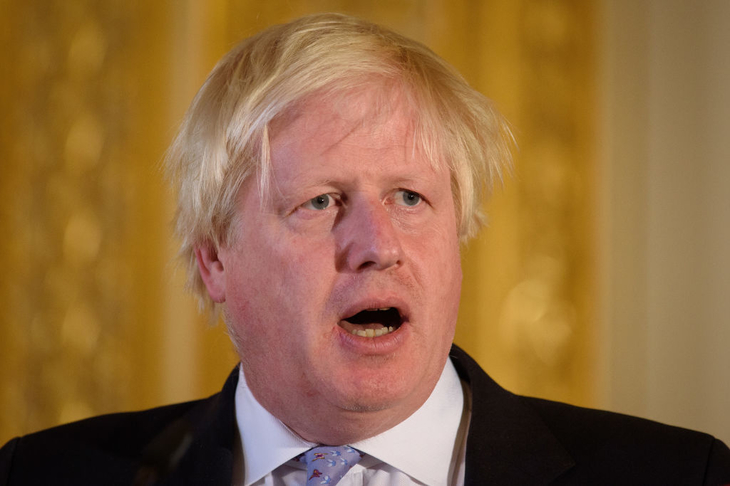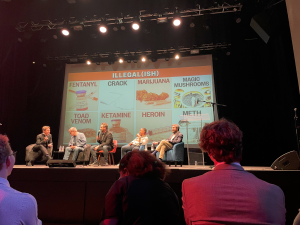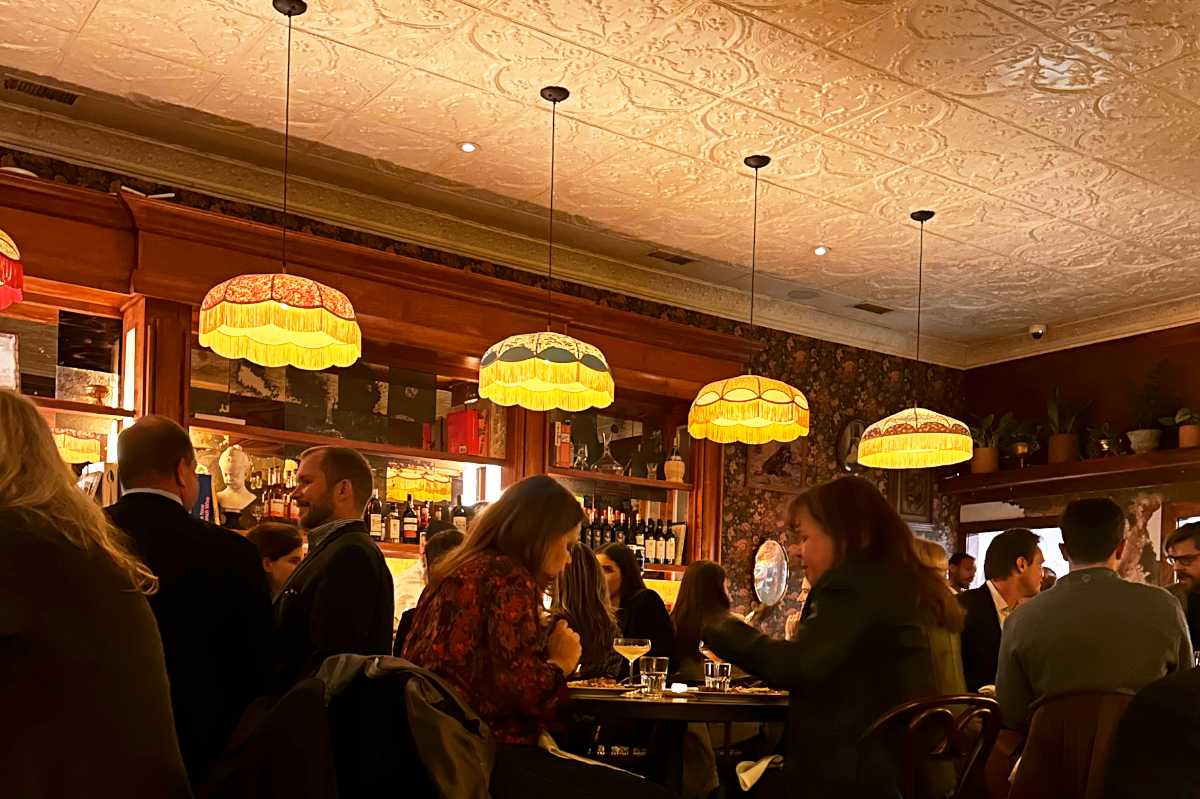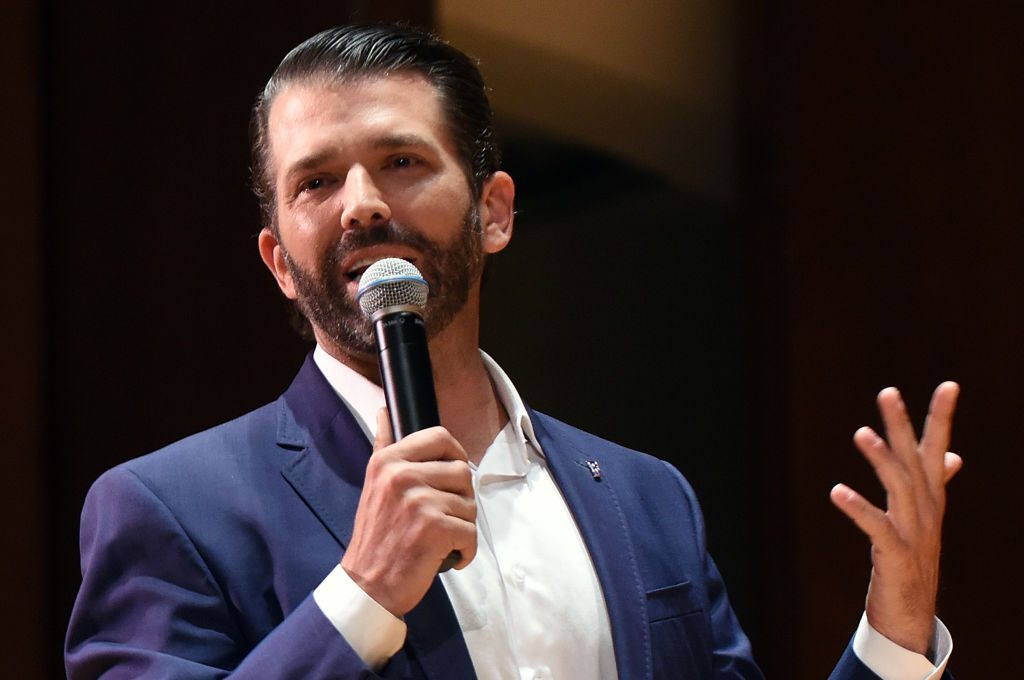Boris Johnson landed in Washington, DC on Thursday evening just ahead of Hurricane Florence, and leaving far behind the attentions of the British media, which over the last week have shown more interest in Johnson’s amicable divorce than his less than amicable campaign to replace Theresa May.
In town to accept the Irving Kristol Award at the American Enterprise Institute’s annual black-tie dinner, Johnson gave a self-deprecating, self-asserting explanation of why a US-UK free trade agreement was an ‘opportunity’ for the United States. This implies that Theresa May is pursuing the wrong Brexit strategy, and that he, like Churchill after the wilderness years, is the man of the hour, the only Conservative politician capable of keeping Labour out, steering a G7 state out of the EU’s regulatory net and into global trade, and building a closer relationship with the US in an unstable global environment.
Churchill’s wilderness years were actual years, while Johnson’s have been a matter of wilderness weeks. Johnson is the author of a book which probed Churchill’s personality for Johnsonian aspects. On Thursday night, the Johnson personality emphasised its Churchillian aspects.
‘He made many mistakes,’ Johnson said, ‘and got so many things wrong, ranging from Gallipoli to going back on gold to Indian independence, but the one thing he got right in May 1940 was to fight on and not do a deal with Mussolini and Hitler… He had a willingness to think for himself and be brave.’
‘We have a great chance right now,’ Johnson said, shifting from opposing one European empire to another, deal or no deal. ‘We are in the throes of deciding exactly how to carry out Brexit. We have a choice. This is an incredible moment for everybody who cares about global markets and free trade. The UK is be about to work loose of the EU system and is about to enter the global system as an independent actor. That’s an opportunity.’
‘The last thing we want is for us, the Brits, having made a momentous decision, to be drawn back into the tractor beam of Brussels,’ Johnson said, clarifying that he was referring to Star Wars, and not the EU’s agricultural subsidies.
‘So Brussels is the death star?’ Arthur C. Brooks asked.
Johnson nodded. ’We’ve done the right thing… Take back control.’
The EU is not the second coming of Mussolini’s Italy or Hitler’s Germany, but it is not a European version of the United States of America, either: ‘The erosion of democracy in the EU is worrying, and you’re seeing some of the bad effects now.’ The EU, Johnson said, resuming his historical ruminations, has failed to emulate the most successful multi-ethnic states, ancient and modern.
‘In a deep Freudian way, I have no doubt that the EU integrationists want to recreate the Roman Empire. The differences between the EU and the Roman Empire are instructive.’ The EU’s attempts to create ‘a unity’ of laws and symbols has failed to create a ‘sense of allegiance’ of the kind that Roman citizens felt throughout their multi-ethnic empire. ‘The only parallel for that sense of E Pluribus Unum is the US. With the best will in the world, the EU is not like that.’
Johnson, born and partly educated in the US, had landed among friends. Though he has suggested that Britain could do with a Trump figure — only larger-than-life blonds with checkered pasts need apply — Johnson’s positions on trade make him a comfortable partner for the ‘Never Trumpers’ of the AEI and the Weekly Standard. He is the ideal person to explain to Americans why they should support Britain’s break with the European Union, and he delivered this flanking manoeuvre against Theresa May with panache. But will his fellow Conservative MPs support him back home?
Dominic Green is Life & Arts Editor of Spectator USA.
























